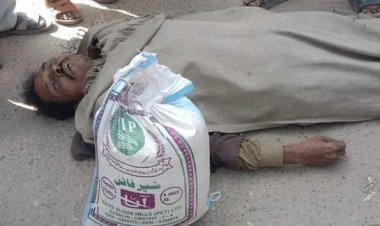Serious crisis due to Taliban restrictions on women
Serious crisis due to Taliban restrictions on women: billions of rupees in aid are at risk of stopping, 20 million people will face starvation
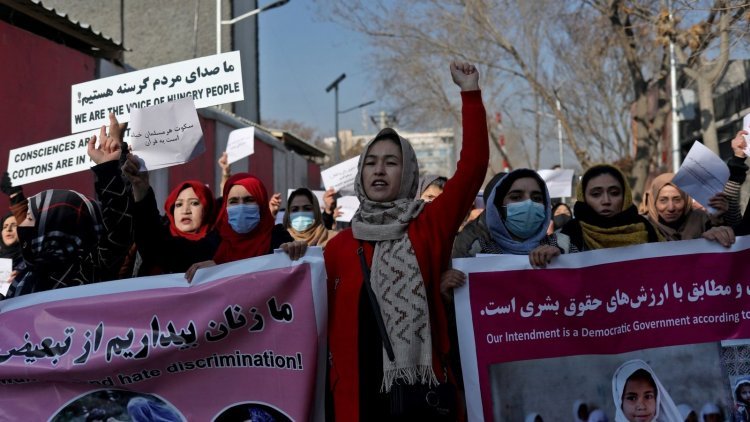
The restrictions being imposed on women by the Taliban government of Afghanistan will add to the difficulties of the people. Billions of rupees in aid could be at risk due to the new decision to bar women from working in local and international aid organizations. It is because of this help that Afghanistan has been saved from starvation.
The government has warned that the licenses of organizations that do not comply with the decision will be cancelled. However, it is not clear whether the ban will apply to UN aid agencies and all women, or only Afghan women.
The Afghan economy has collapsed after the fall of the US-backed government last year. Lakhs of people have lost their jobs. The prices of food items are sky-high. According to a United Nations analysis, about 20 million people lack food. Another 6 million people are facing starvation. Millions of children are affected by malnutrition. For the last year, with the help of billions of rupees from humanitarian aid organizations, lakhs of families are being given free food and medicines.
Many organizations and NGOs believe that the Taliban's ban on women's staff may stop their work in the country. Some donors will definitely pay attention to open discrimination against women. Aid operations in Afghanistan will be badly affected due to the closure of organizations.
By next year two crore 83 people will need some kind of help. The organizations that survive in Afghanistan will also find it difficult to function in the absence of women. In many parts of the country, women keep contact only with the men in their families.
After the decision to ban women, some international aid organizations have started considering suspending their work immediately. John Morse, director of DACAAR, a Danish NGO, said he would discuss the consequences of the ban with his senior colleagues.
A few days before the ban on women working in NGOs, the Afghan government had banned women from studying in private and public universities. In March, the new government went back on a promise to allow girls to attend government high schools.
Afghan women working in NGOs are also a symbol of the ongoing struggle for women's rights in the country for 20 years. Apart from this, their income is the support of their families in the midst of an economic crisis. Magafir Ahmadi, who works for Doctors Without Borders in Kunduz, the business hub of northern Afghanistan, says she is in shock. Ahmadi is the only earning member of her family after the Taliban came to power last year.
In the capital Kabul this week, security forces held meetings with school principals, teachers and managers of private schools to instill fear among women. Instructed them to stop winter courses for all girls including primary schools. Women teachers should be sent to their homes.
At present, the winter vacation is going on in the schools, but many students study additional courses in private schools and centers. However, a government spokesperson denied reports of a ban on girls in primary schools. Nevertheless, the meetings have fueled fears that the Afghan government is preparing to stop girls' education next year.
For Latest News update Subscribe to Sangri Today's Broadcast channels on Google News | Telegram | WhatsApp











































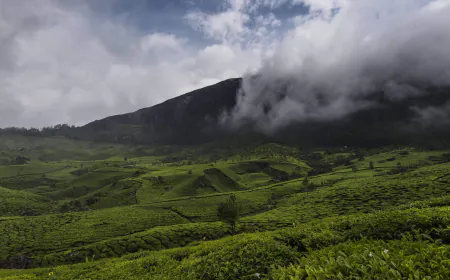


































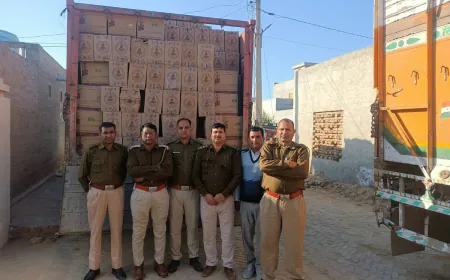



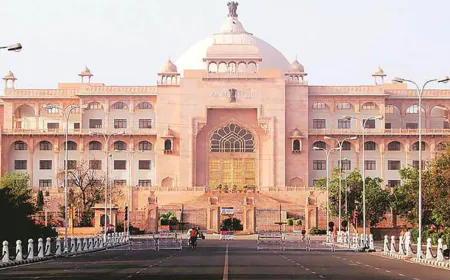






























.jpeg)




